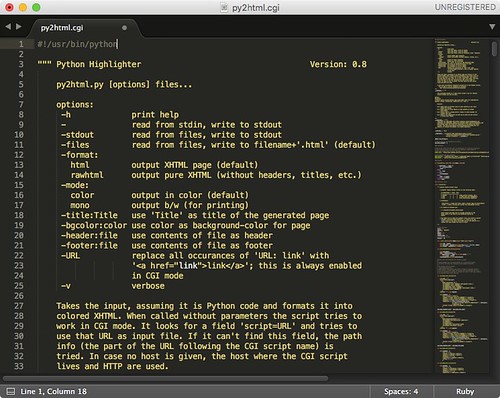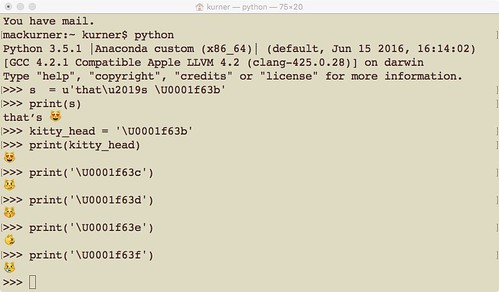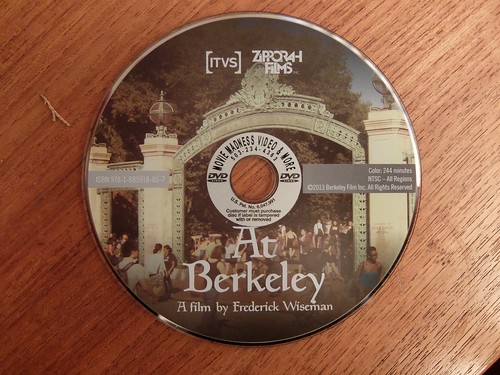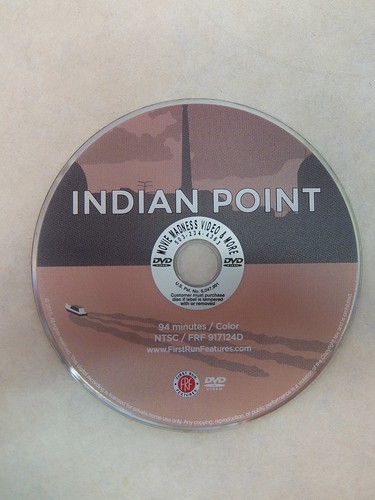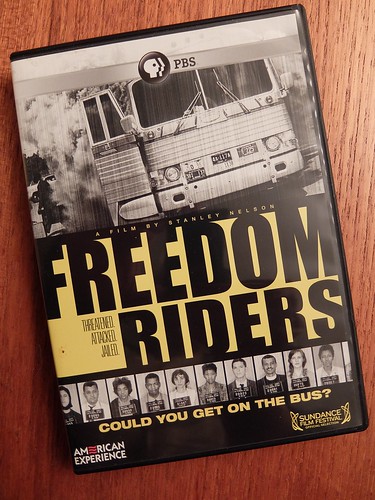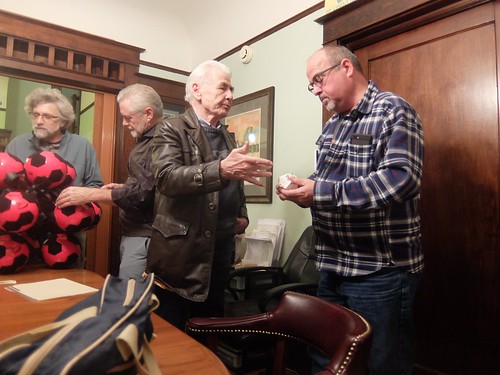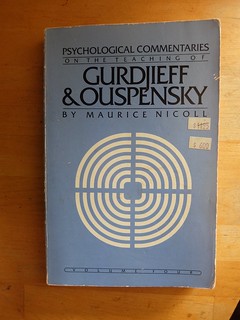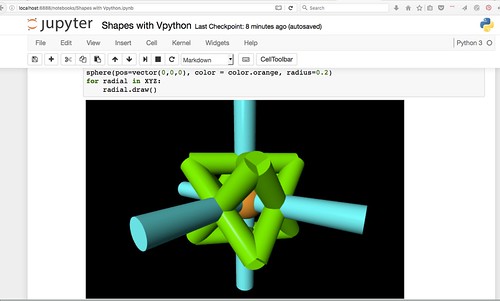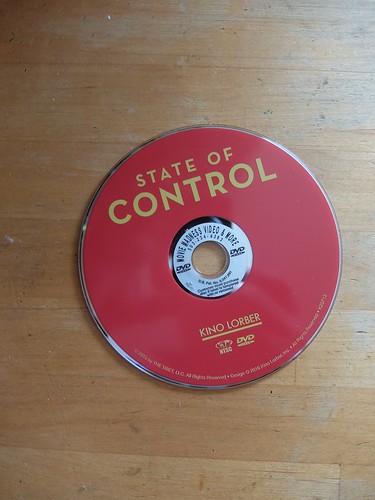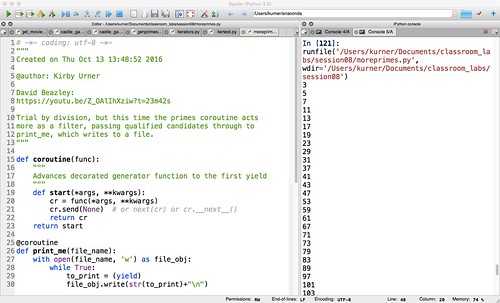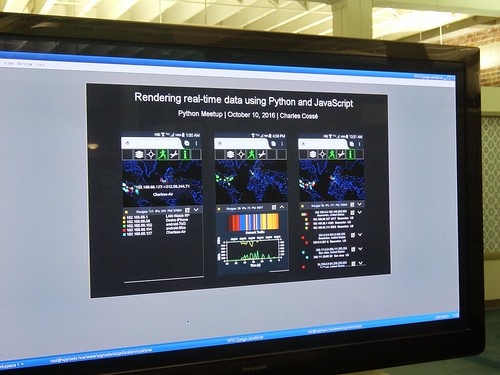By "ToonTown" I mean Portland, Oregon. That's a meme in these blogs,
many times visited.
In
my futuristic mode, more utopian,
the American Transcendentalists scattered about town storyboard their
technical animations, around such as A & B, T & E and S modules, drawing from work more like my
Heuristics for Teachers on Wikieducator.
However yesterday was past-ward looking.
Glenn and I hopped a 14 to the Oregon Historical Society building. Admission to the three story museum is currently free to Multnomahns, just show some ID. That's to thank us for voting in a special tax to keep them funded, I forget which measure (
not 97 obviously, which was defeated).
Gus Frederick has a full time job, however he's been pouring research hours into studying the life and times of Homer Davenport, as well as curating and republishing many of his cartoons, in annotated form. In 2016, readers won't remember the contextualizing stories, so Gus provides a narrative.
Homer was a native of Silverton, Oregon, where Gus currently resides; he's from Waldo Hills originally, just four miles away. He's currently on the Silverton planning commission, and has a long track record of civic service.
Gus knows me through Wanderers, a group that's been meeting in Linus Pauling's boyhood home. We've taken in
earlier versions of his talk, however an OHS presentation, complete with a splendid
Comic Book City exhibit, has got to be the peak in some arc.
We enjoyed
Dead Guy (the beer) at
Rogue Nation (the brewery) afterwards. Gus introduce Mr. Stockton and I to his friend Jim Whitty (a Celtic name). There's even an apocryphal story suggesting why Homer might actually be the dead guy referenced.
Homer was a darling of Hearst's, eventually, a media mogul with presidential aspirations whom Gus compared to Steve Jobs for his dynamism and ambition. Homer came to draw for Hearst's papers by a circuitous route which Gus knows in detail.
He'd started out on the left coast, with San Francisco based papers. In his old age he'd return to the San Diego area for a more retired life amidst theosophists. He brought the horses with him, over his wife's objections at the time (they had separated, she was contesting title).
Prior to retirement, having made a name for himself, a big one, he was able to travel about in the lecture circuit, a peer of Mark Twain's (they shared the same producer). People avidly consumed lectures in those days, pre-television, pre-movies. Homer would draw as he lectured.
William McKinley was becoming president in an earlier chapter, and Homer, now based in New York City, satirized him as the smaller of two men in an ongoing melodrama. "Dollar Signs Hanna" represented the Trusts (corporations) in the face of the little guy, a polarizing axis around which US politics still turns to this day. Teddy Roosevelt was McKinley's veep.
However the popularity of those mocking cartoons was short lived as McKinley was assassinated in office. From whitehouse.gov:
"Uncle Joe" Cannon, later Speaker of the House, once said that McKinley
kept his ear so close to the ground that it was full of grasshoppers.
When McKinley was undecided what to do about Spanish possessions other
than Cuba, he toured the country and detected an imperialist sentiment.
Thus the United States annexed the Philippines, Guam, and Puerto Rico.
Teddy Roosevelt took over, and although Homer had somewhat ridiculed him early on, for bringing some hunting trophies into the White House (Hearst was an animal lover and didn't like Teddy's ethics on that score), Homer and Teddy ended up getting along famously. Both were extremely adventurous, which probably helps account for their affinity.
Homer Davenport was a horse fanatic or at least decided to become one when he finally had the acreage, in Morris Plain, New Jersey, and the means plus connections. He asked his friend Teddy for a favor, an introduction to Syrians who might hook him up with Arabian stallions (Syria was then part of the Ottoman Empire).
Having come highly recommended by the White House, Davenport was well received in Aleppo, and his seriousness about the horses ascertained to be sincere. A caretaker came along with the deal, another story line.
The Davenport breed is still husbanded to this day, and the part of Mr. Ed, the talking horse of TV fame, was played by Bamboo Harvester, who traces directly back to the Arabians on one side. Yes, like Steve Jobs, Mr. Ed was part Syrian.
I'm just scratching the surface of all of what Gus covered.
Studying history through the lens of
political cartoons is informative.
Gus helped organize a whole floor of the museum in order to feature comic talents from this State. Matt Groening's material (
Simpsons etc.) is conspicuous by its absence -- too busy in this iteration. Bill Plympton, Callahan, Basil Wolveton, Arthur Craven, Carl Barks and others, fill the vista with their works. I hope this exhibit sparks many like it. Lots for kids. Interactive.
In the gift shop I found the
Boilerplate literature, which reminds me of the
animated fantasy Code Guardian, except that Boilerplate is retroactively placed in the time of Teddy Roosevelt. He's a robot, and a relatively recently invented character.
I'd like to have see Gus's talk on Youtube sometime. He deserves a grant to pull together a full-fledged documentary. I've left so much out of this hyper-abbreviated retelling. Gus's actual talk was two hours worth of material, and richly insightful into what we today call the Gilded Age.


